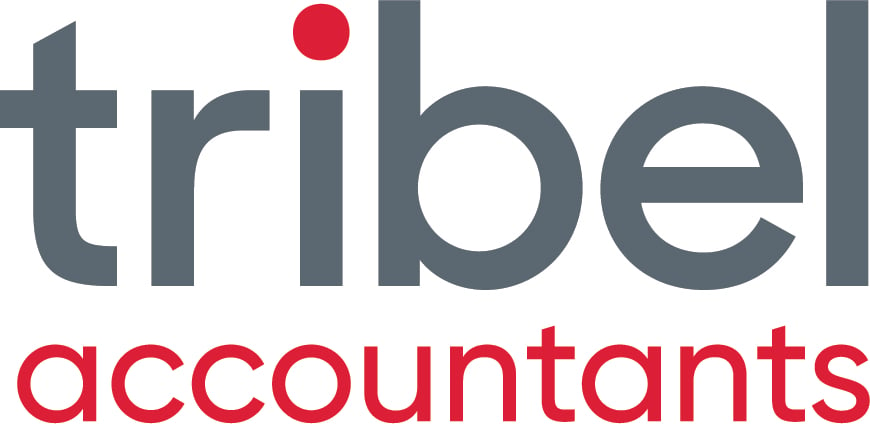INTRODUCTION:
When performing business valuations I am often asked if franking credits attached to the business make the business more saleable and more valuable. By way of background, franking credits are credits for income tax paid by an Australian company on their earnings. When franked dividends are distributed to shareholders from the company's retained earnings, the shareholders will declare the amount received in their tax return and then gross it up by the franked amounts but claim back the franking credit amount (usually 30%).
Here is an example from the ATO's website -
On 11 December 2014, Rodney receives a franked distribution of $700 with $300 franking credits attached. When Rodney does his tax return for the 2016 income year, he includes $1,000 ($700 franked distribution plus $300 franking credits) in his assessable income and is entitled to a tax offset of $300 to reduce his income tax liability.
Taking into account his assessable income and allowable deductions from all sources, Rodney’s basic income tax liability is $200. As his tax offset exceeds his basic income tax liability, he is entitled to a refund of the excess – that is, $100.
Here are some of my thoughts regarding unused franking credits and for most business valuers their affect on business valuations when considering selling.

Figure 1: Do franking credits convert to actual dollars?
1: Is The Business Being Sold Or The company With The Business?
It might seem obvious but whenever you are buying a business, you will generally buy the business and put it in your own structure (company, trust, partnership or individual etc) or you will buy the shares of the company that owns the business. In many cases your business and legal advisors will prefer that you set up a new entity usually because they are worried there could be 'skeletons' with the existing owners' structure. For example, a multimillion dollar claim or lawsuit could turn up after you have bought the shares and if so, the risk is that you will be left with the claim and debt.
However, people do buy existing structures (after due diligence) or they might be buying into the existing business because the current owner is selling part of their share and the buyers have some knowledge or trust of what they are buying into.
You will only get the existing business's franking credits if you buy the shares in the existing company but not if you buy the business and place it in your own structure.
2: Who Will Be The New Shareholders?
If you are buying the business's company shares, to assess any value in the franking credits attached, you need to know what structure you will be buying the shares in. The reason for this is that they will have a varying effect on the tax payable.

Figure 2: To assess any franking credit values you need to look at the shareholders' marginal tax rates. Photo courtesy Scolari Comerford Chartered Accountants Sydney & Dubbo
3: Individual & Trust Shareholders
If you are buying the shares in either your individual name(s) or through a family trust, it's possible the franked dividends will cost you tax when you take the dividend depending on the individual's taxable income prior to receiving the dividend or amount flowing through from the family trust. If your marginal tax rate is greater than 30% (either before or after the dividend), then whilst you may get a credit for the franking credit, the reality is that you will be up for the difference in income tax. So if you get a franked dividend and you are on say a 47% marginal tax rate, you are going to up for 17% tax on the dividend plus medicare where applicable etc. Most people are going to be on at least 30c in the dollar so that the value of the franking credit is most likely not going to be that valuable to them.
4: Company Shareholders
Company shareholders do not receive a refund of any excess franking credits. In many cases though they will inherit the franking credits when they are paid so that if they distribute to their shareholders down the track there may or may not be some value (refer 3 above).
5: Superfund Shareholders
For public companies that are buying other businesses, there may be some benefit to those people that can indirectly buy the shares through their superfund. This is because generally superfunds are paying only 15% tax on their earnings (or sometimes zero percent in pension phase) so that the excess franking credits can be refunded.
Unfortunately generally small business owners will not be able to buy other businesses through their superfund unless its through a listed security. Be sure to seek legal and accounting advice before using your superfund monies to invest or you could inadvertently make your self managed superannuation fund non-complying which could have massive detrimental tax consequences.
CONCLUSION:
Are franking credits adding value to your existing business? The answer is most probably no so when a business valuer assesses the value of your business it is most likely these will be ignored. There have been many studies done over the years confirming this and the one by the Centre For International Finance and Regulation concluded that it imputation may not have much impact on corporate capital structure or investment decisions.
On the plus side though, a business that is paying tax is usually making money. Most businesses that have a track record of paying tax usually mean they have been very successful.


.png?width=100&height=100&name=COVID_Safe_Badge_Digital%20(002).png)




